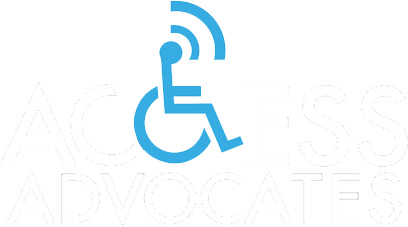When a person with disabilities has been discriminated against, it is common for them to feel intimidated or afraid of pursuing action against the discriminator. While the American’s With Disabilities Act (ADA) clearly protects the rights of handicapped individuals, they sometimes fear retaliation from the transgressor.
Fortunately, the ADA also protects against this type of situation.People with disabilities need not fear bullying or coercion when seeking action against those who have broken the law. The ADA has specific guidelines in place to discourage and prevent this type of activity.
Who is protected?
The law states that anyone who has participated in an investigation procedure is protected. This includes people who have testified and assisted in any way. The primary complainant is generally most concerned about retaliation, and they are certainly covered under this law. It encompasses all individuals involved.
What sort of actions are considered retaliation?
This contains a wide variety of unpleasant behaviors. Something that creates a feeling of intimidation falls in this category. Coercion of any kind, even something fairly subtle is included. Here is an example of obvious retaliation. A landlord refuses to comply with ADA regulations. The tenant files a complaint, moving forward with proceedings against the landlord. The landlord then raises the rent or tries to evict the tenant. This is absolutely not allowed. Even threatening to do such things is against the law!
The ADA does not take kindly to this type of behavior. Punishment is swift and severe. There is no reason for a person with a disability to fear retaliation because the law is clearly on their side. In most cases, this is not even an issue. The transgressor typically wants to fix the problem without any further legal issues. However, in the unfortunate cases when retaliation does occur, it is handled quite effectively by the law.
Contact us for more information.

